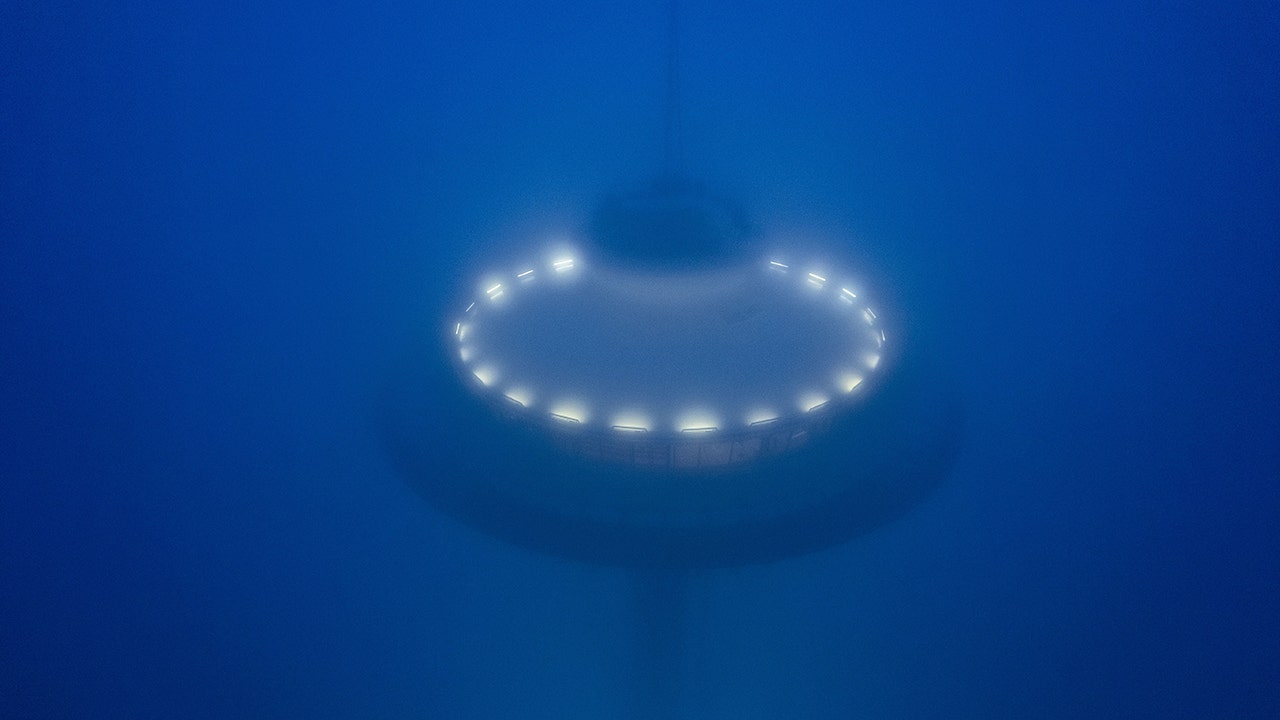NATO Secretary General Mark Rutte credited President Donald Trump for securing a landmark agreement among NATO allies to increase defense spending to five percent of GDP, while rejecting multiple efforts by a New York Times reporter to draw him into criticizing the U.S. president.
Rutte, who assumed the role of NATO Secretary General in 2024, spoke with New York Times reporter Lulu Garcia-Navarro following the NATO summit in The Hague.
The summit resulted in member states agreeing to a new defense spending target, raising their contributions from the long-standing two percent goal to five percent of gross domestic product by 2035, at the urging of President Trump.
Trump’s Sovereign Wealth Fund: What Could It Mean For Your Money?
The agreement marks a major shift in alliance policy and represents a key foreign policy achievement for the Trump administration, which has repeatedly called on NATO countries to increase their defense commitments.
The United States continues to contribute the largest share of NATO’s military expenditures by a wide margin.
During the interview, Garcia-Navarro posed a series of questions critical of Trump, but Rutte repeatedly declined to engage in negative commentary.
“He sees it as European nations basically funding their welfare states, you know, giving free health care, giving pensions at the expense of American defense. You think that view is fair?” Garcia-Navarro asked.
This Could Be the Most Important Video Gun Owners Watch All Year
Rutte responded, “The second half of the view is fair, but the first half I would not buy into because I think that and I’m pretty much confident of the fact that the American president, Trump, very much realizes his whole team, based on my conversations when I was in Washington in March, when I was in April, when I had the conversations last week in The Hague, that for the U.S. to stay strong and safe, there is this embeddedness with European security and of course, working together to keep the inner Pacific safe.”
Rutte acknowledged long-standing frustrations in the U.S. regarding Europe’s defense spending, dating back to the Eisenhower administration.
“But I do agree with the second half, because there is this enormous irritance since Eisenhower with American presidents and I think they’re completely right that Europeans were not paying enough and that’s where you are paying an average 3.5 percent of your GDP on defense that Europeans were well struggling to get to 2 percent,” Rutte said.
“So there he has a big point. And luckily, last week in The Hague, we solved that,” he added.
Garcia-Navarro followed up with another pointed question, asking whether NATO had become the “North Atlantic Trump Organization,” referencing criticism she said had emerged from some media sources.
“Well, let’s face what is happening. There were seven or eight countries in Europe, not at two percent. This was the four, so now it’s 5 percent, a new benchmark,” Rutte responded.
“Do we really think that this would have been—we would have been able last week in The Hague to agree to that 5 percent if Trump would not have been reelected as President of the United States?”
Rutte continued, “So I think when somebody deserves praise, that praise should be given and President Trump deserves all the praise because without his leadership, without him being reelected President of the United States, the 2 percent this year and the 5 percent in 2035, we would never, ever, ever have been able to achieve agreement on this.”
President Trump has long made NATO spending reform a central part of his foreign policy agenda.
The United States currently accounts for more than two-thirds of NATO’s total defense spending, and Trump has consistently urged European allies to contribute more to the collective defense effort.
The summit’s outcome signals a shift in the alliance’s long-term strategic direction and marks a rare moment of consensus among NATO members following years of debate over burden sharing.
Celebrate Summer with this LIMITED EDITION Grizzly Trump Cooler! Exclusively on Mammoth Nation.
Read the full article here


![NATO Chief Shuts Down NYT Reporter, Praises Trump’s Leadership [WATCH] NATO Chief Shuts Down NYT Reporter, Praises Trump’s Leadership [WATCH]](https://www.lifezette.com/wp-content/uploads/2025/07/2025.07.06-11.51-lifezette-686a635f13183.jpg)







![Sen. John Fetterman Apologizes for Democrats’ Failure to End Government Shutdown [WATCH] Sen. John Fetterman Apologizes for Democrats’ Failure to End Government Shutdown [WATCH]](https://www.rvmnews.com/wp-content/uploads/2025/01/2025.01.09-09.58-rvmnews-678046977aafa.jpg)
